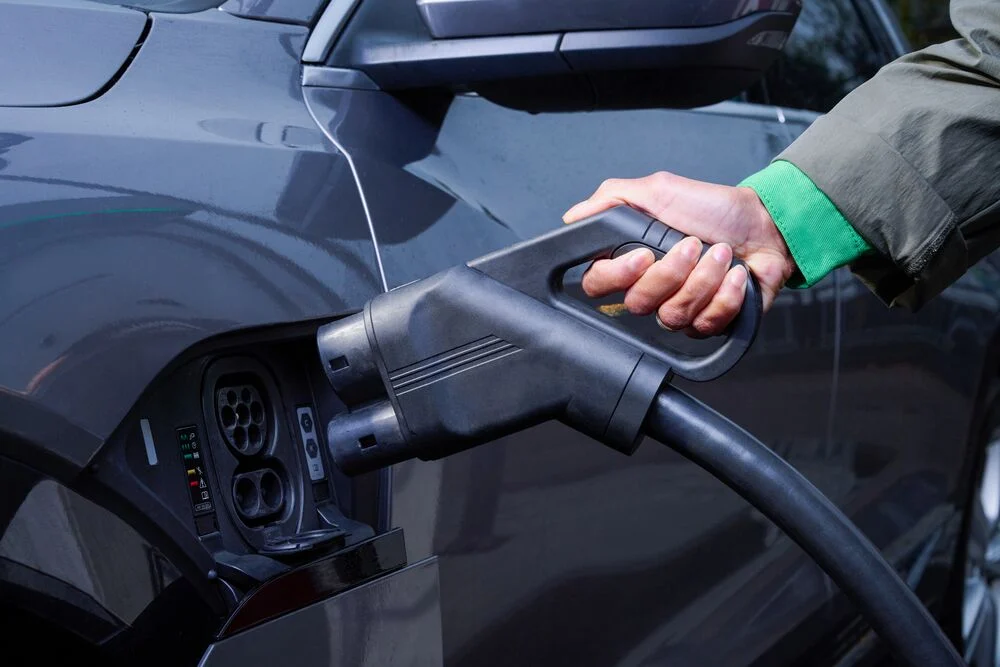As electric vehicles (EVs) become increasingly popular, the need for efficient and compatible charging solutions is more prevalent than ever. EV charging cables play a crucial role in facilitating the charging process, and understanding the various options available is essential for EV owners. This comprehensive guide explores the different types of EV charging cables, their functionalities, and factors to consider when choosing the right one for your electric vehicle.
Types of EV Charging Cables
1. AC Charging Cables (Type 1 and Type 2)
- Type 1 (SAE J1772): Commonly used in North America and Japan, Type 1 cables have a single-phase connector with five pins. They are suitable for slower AC charging at home or public charging stations.
- Type 2 (IEC 62196-2): Predominantly used in Europe and gaining popularity globally, Type 2 cables feature a seven-pin connector suitable for single or three-phase charging. They offer flexibility for various charging speeds.
2. DC Fast Charging Cables (CCS, CHAdeMO, Tesla Supercharger)
- CCS (Combined Charging System): A combined AC and DC charging system predominantly used in Europe and North America. CCS cables enable faster DC charging for compatible EVs, incorporating additional DC pins on top of Type 1 or Type 2 connectors.
- CHAdeMO: Developed in Japan, CHAdeMO connectors are suitable for fast DC charging and are commonly used by certain EV models, providing rapid charging capability.
- Tesla Supercharger: Exclusive to Tesla vehicles, Supercharger stations use a proprietary connector designed for fast charging specifically for Tesla EVs.
Factors to Consider When Choosing an EV Charging Cable
1. Vehicle Compatibility
Ensure the charging cable you choose is compatible with your EV’s charging port. Some EVs may come with specific connectors, necessitating the corresponding cable for charging.
2. Charging Speeds
Consider your charging needs based on your usage patterns. DC fast charging cables offer quicker charging times compared to AC cables, making them suitable for long-distance travel or when rapid charging is required.
3. Home Charging vs. Public Charging
For home charging, AC cables may suffice as they provide slower but sufficient charging speeds for overnight charging. DC fast charging cables are more commonly used at public charging stations for faster on-the-go charging.
4. Cable Length and Portability
Choose a cable length that suits your needs, considering the distance between the charging point and your vehicle’s charging port. Opting for a more portable and flexible cable might be beneficial for occasional use away from home.
Safety and Standards Compliance
When purchasing an EV charging cable, ensure it meets safety standards and certifications to guarantee reliability and safety during the charging process. Look for cables certified by recognized regulatory bodies to avoid potential safety hazards.
Conclusion
Selecting the right EV charging cable is a crucial aspect of owning an electric vehicle, impacting charging speed, convenience, and compatibility. Understanding the different types of cables available, considering your charging needs, and ensuring safety and compliance with standards are key factors in making an informed choice. Whether it’s for home charging convenience or on-the-go rapid charging, choosing the appropriate EV charging cable contributes significantly to a seamless and efficient EV ownership experience.

